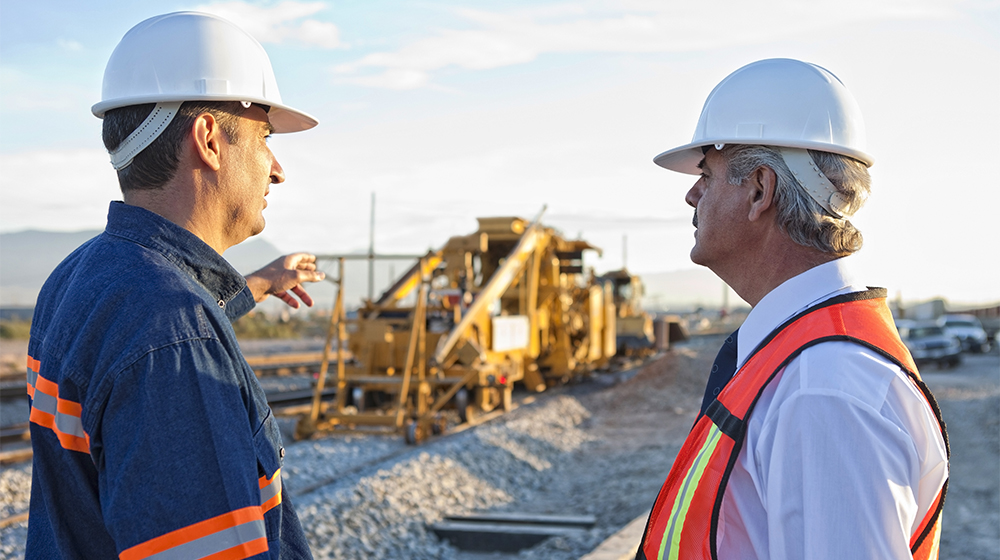Investing in Canada’s Critical Rail Infrastructure
Rail is one of Canada’s most capital-intensive industries. Our railways invest, on average, between 20 and 25 per cent of their own revenues back into their networks each year — more than $33 billion in Canada alone since 1999 — to ensure that Canada has a world-class rail system that is safe, efficient, and affordable.

Consistent railway investments will ensure that network capacity is available when it’s needed, and that Canada has an efficient, sustainable and safe rail system that Canadians can depend on.
Railways Pull Their Own Weight so They Can Handle Your Freight
The rail industry makes significant yearly investments in building, maintaining and upgrading its network. From modernizing signal control systems to replacing aging railcars and bridges, investing in safety innovations and expanding the capacity of intermodal yards, Canada’s railways pay for improvements with little to no public funding – unlike the trucking industry, which relies exclusively on publicly-funded infrastructure (i.e. roads).
In 2019, Canada’s railways invested a record breaking $3.1 billion in new capital programs to support growth and service enhancements. Track and roadway reflected the majority (39%) of capital expenditures in 2019. Followed by rolling stock (22%); buildings, machinery and equipment (19%); and signals, communications & power (5%). The remaining investments went into various other types of equipment. These investments also served to enhance the safety of Canada’s rail infrastructure, which is one reason why our railways are some of the safest in North America.
Canada’s Railways — Investing in our Nation’s Future
Railway investments are increasingly important as freight rail shipments increase, commodity volumes shift, and passenger rail grows in popularity. In recent years, Canadian railways originated over 5.7 million carloads annually and more than 100 million passengers also rode the rails. Consistent railway investments will ensure that network capacity is available when it’s needed, and that Canada has an efficient, sustainable and safe rail system that Canadians can depend on.